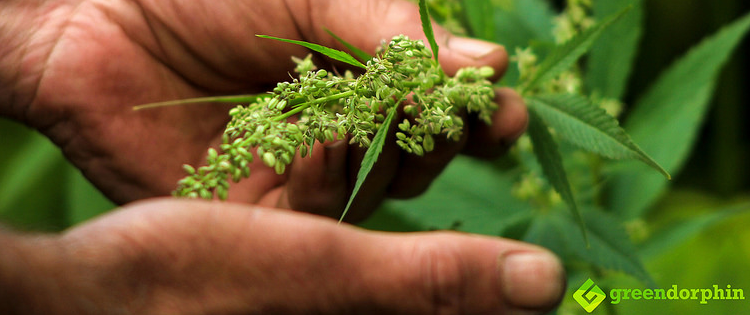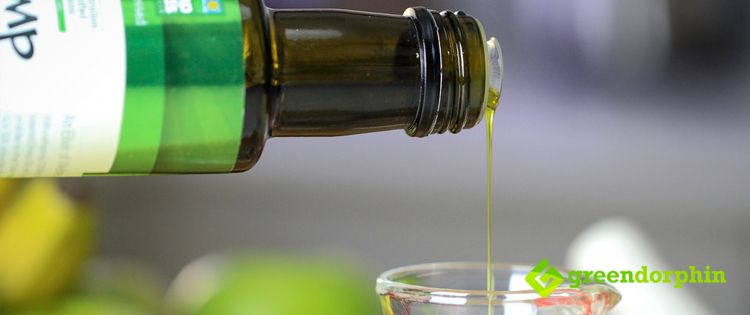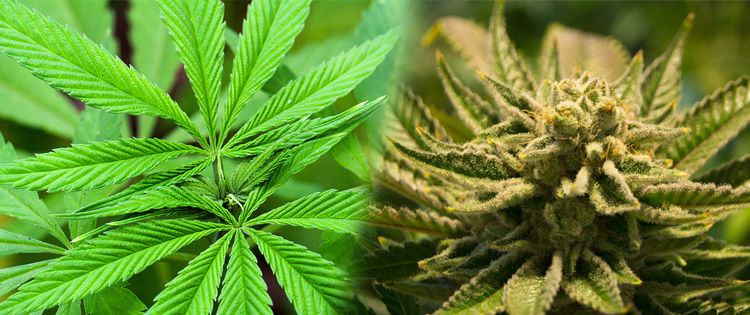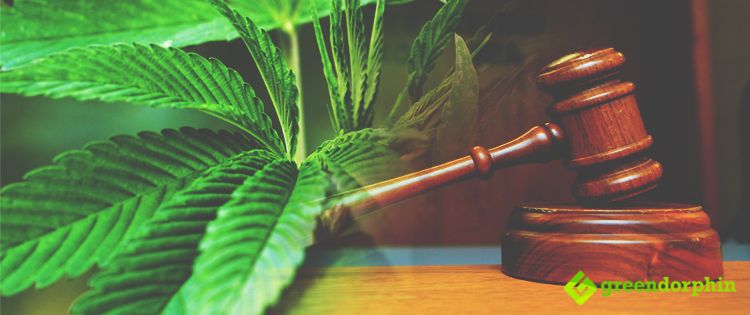Cannabis advocates are celebrating another big gain on the road to the end of cannabis prohibition after the 2018 Farm Bill became law on December 20, 2018. The bill includes an official end to the federal ban on hemp, a crop that shows huge promise for use in both textiles and health supplements.
Hemp is legally defined as cannabis that has less than .3% if the cannabinoid THC. However, it can contain high amounts of another cannabinoid, CBD (cannabidiol), prized for its health benefits backed by emerging research.
The 2014 Farm Bill first opened the doors for hemp growers by allowing for state pilot programs to cultivate and research this plant under strict oversight. However, in the years since, the CBD supplements market has started to outpace the domestic hemp supply.
Moreover, development has been further hampered by unclear federal laws concerning the legality of CBD products, interstate transport and sale, as well as overzealous enforcement by some state prosecutors.
Advocates are hopeful that loosening the restrictions on hemp will boost to state revenues. In addition, the change in policy may translate into important gains in scientific research to explore the medicinal qualities of CBD as well as the many other compounds found in hemp by making it easier for researchers to procure legal materials for study.

Has CBD been Rescheduled?
The answer to this question can be found in section 12619 of the 2018 Farm Bill which officially removes hemp from the definition of marijuana.
This effectively removes hemp as well as any products made from hemp from the jurisdiction of the Controlled Substances Act, which until now, kept CBD products in a questionable legal status at the federal level. The DEA will no longer be justified in enforcing hemp as if it was the same as recreational marijuana.
Interestingly, THC in both hemp and products made from hemp is also exempted from the definition of a controlled substance by the bill. This is great news for those that enjoy the various health benefits offered by full spectrum CBD oil, as long as those products are made from hemp and contain less than .3% THC.
Many scientists agree that the “Entourage Effect” makes more health benefits available when the full range of cannabinoids and terpenes found in hemp are preserved in the extracted oil.
If you want to learn more about the entourage effect of cannabis, watch Dr John Teh explaining it in the below video:
So, the protection of full spectrum oils that contain a trace amount of this psychoactive substance is particularly important for many that swear by full spectrum CBD products.
Is CBD Oil Now Legal at the State Level?
Alcohol offers a good comparison for this aspect of the laws governing. While federally legal, states are allowed to develop more restrictive laws if they please. This applies to both CBD oil as well as hemp itself. It remains to be seen how each state will handle the shift in federal law in terms of their own state policies.

One potentially hopeful sign can be seen in the 180 from Alabama’s State Attorney General, Steve Marshall. Alabama has been among the most aggressive to prosecute merchants of CBD products, including a very high profile arrest in November of this year. However, following the passing of the 2018 Farm Bill by the Senate, Marshall declared CBD legal in the state of Alabama.
Meanwhile, more and more official bodies are recognizing that CBD is safe and well tolerated, has almost no abuse potential, and shows zero evidence of posing any public health-related issues. This includes a June 2018 report authored by the World Health Organization.
It is increasingly clear that prohibition on CBD oil is a futile waste of money with no basis in science.
What About the FDA?
The Food and Drug Administration has been markedly less enthusiastic about the fall of yet another barrier between people and cannabis-based health supplements.
In a statement issued by FDA Commissioner Scott Gottlieb, released immediately after the bill was signed, the FDA warned that the Farm Bill did NOT change their jurisdiction over regulating cannabis and cannabis-derived compounds found in food and food supplements.
In perhaps the harshest language found in the statement is an ultimate irony. Gottlieb argues that it is precisely because the FDA has approved the CBD based drug Epidiolex® that CBD itself is a drug, and as such, this substance is subject to FDA regulation, approval, and enforcement.

Additionally, it’s unlawful under the FD&C Act to introduce food containing added CBD or THC into interstate commerce, or to market CBD or THC products as, or in, dietary supplements, regardless of whether the substances are hemp-derived. This is because both CBD and THC are active ingredients in FDA-approved drugs and were the subject of substantial clinical investigations before they were marketed as foods or dietary supplements. Under the FD&C Act, it’s illegal to introduce drug ingredients like these into the food supply, or to market them as dietary supplements. This is a requirement that we apply across the board to food products that contain substances that are active ingredients in any drug.
Conclusion: A Mixed Bag for CBD Oil
So, the celebrations were, suffice to say, rather short lived. It looks like CBD oil and other products derived from hemp remain in a bit of a legal grey area as a result of the different government agencies vying over the jurisdiction to regulate products derived from hemp.
Stay tuned to see the next chapter in the ongoing saga of cannabis regulation.
- The Benefits of Using Medical Marijuana for Meditation - June 14, 2023
- Comparing Amanita Muscaria Mushrooms and Cannabis Vaping - April 26, 2023
- Are CBD Capsules the Best CBD Product for Beginners? - September 26, 2022


